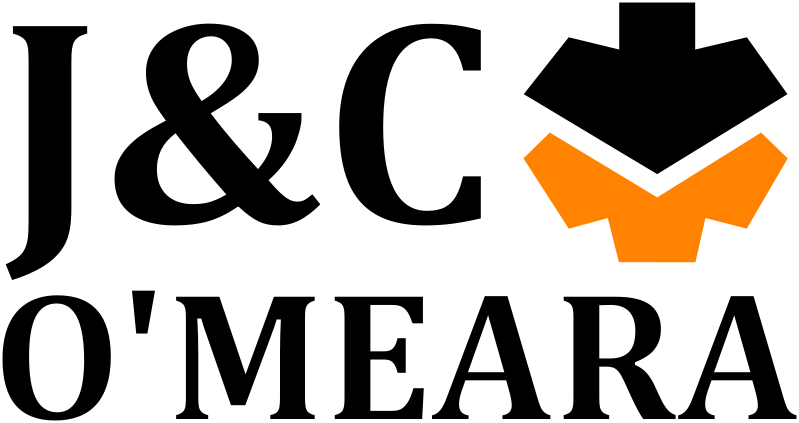The Benefits of Using Briquetters in Wood Waste Management
- John Shepperd

- May 13, 2025
- 3 min read

In the woodworking industry, the accumulation of waste such as sawdust, shavings, and offcuts is a constant challenge. Managing this waste efficiently is not just a matter of cleanliness or compliance—it’s about improving profitability and sustainability. That’s where briquetters come in. These machines compact loose waste into solid fuel blocks, offering both economic and environmental advantages. In this article, we explore the benefits of using briquetters in wood waste management and how they can transform your workshop’s approach to waste handling.
Reduce Waste Volume and Disposal Costs
One of the most immediate and measurable benefits of using a briquetter is the reduction in waste volume. Loose sawdust and shavings can take up significant space in your workshop and in skips, quickly leading to high disposal costs. A briquetter compresses this waste into compact, stackable blocks, reducing the original volume by as much as 90%.
For example, the Genisis Nano E55—available from J&C O’Meara—is capable of producing 55 mm diameter briquettes at a rate of 15–60 kg per hour, depending on the material type. By converting waste into briquettes, your workshop can significantly reduce the number of waste collections required, which translates to direct cost savings.
Generate Renewable Fuel from Your Waste
Briquetting doesn’t just reduce waste—it also turns it into a valuable resource. The resulting briquettes can be used as a renewable fuel, either for on-site heating or resale. This is particularly beneficial if you already have a compatible wood waste burner. Instead of paying to dispose of your by-products, you can heat your facility using them, reducing your reliance on gas or oil.
Wood briquettes have a high calorific value and low moisture content, making them an efficient and clean-burning alternative to fossil fuels. When used on-site, they contribute to a closed-loop system where your workshop’s by-product becomes its own energy source.
Improve Workshop Safety and Cleanliness
Unmanaged wood waste can become a fire hazard, especially in workshops where airborne dust is prevalent. Briquetting keeps the workshop tidier and reduces the volume of loose material that could pose a fire risk or create slippery conditions. The process of collecting and compacting waste at source also reduces airborne dust, contributing to better air quality and a healthier environment for your staff.
Potential for Additional Revenue
Another significant advantage is the opportunity to sell wood briquettes as a clean, sustainable fuel. Many small to mid-sized woodworking companies have found a secondary income stream in packaging and selling their excess briquettes. With growing demand for eco-friendly fuel alternatives, especially for domestic log burners and stoves, there is a clear market for high-quality briquettes produced from clean, dry wood waste.
By installing a machine such as the Genisis Traditional E Series, workshops can produce commercial-grade briquettes consistently, opening the door to local retail or wholesale fuel sales.
Sustainability and Compliance
Sustainability is becoming a key concern for both customers and regulatory bodies. Using briquetters aligns your business with environmental best practices by reducing landfill reliance, lowering carbon emissions, and promoting waste-to-energy solutions. These improvements can contribute to achieving ISO standards and meeting the requirements of local environmental regulations.
Briquettes are considered carbon-neutral because the CO₂ released during combustion is offset by the CO₂ absorbed by the trees during their growth. This gives workshops an eco-conscious solution that aligns with greener supply chain expectations.
Conclusion
The benefits of using briquetters in wood waste management extend beyond just tidiness and efficiency. These machines help you reduce disposal costs, generate renewable energy, improve workplace safety, and even create new revenue opportunities. Whether you’re a small joinery or a large production facility, integrating a briquetting system into your workshop’s workflow is a practical step towards cost reduction and sustainability.
J&C O’Meara offers a range of briquetting machines under the Genisis brand, including models like the Nano E55 and Traditional E Series. Our team can help you assess your waste output and recommend the most suitable model for your needs.

